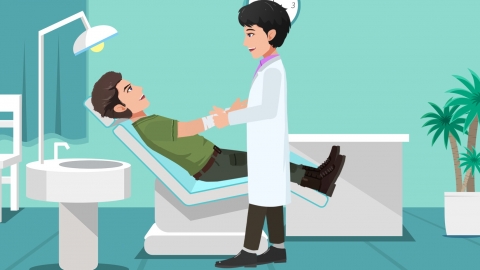How long should one fast before a physical examination?
Generally, a physical examination requires fasting for 8 to 12 hours in advance. Detailed explanations are as follows:

If the physical examination includes gastroscopy or colonoscopy, the fasting period may need to be longer, and it is recommended to stop eating 10 to 12 hours beforehand. These examinations require a high level of gastrointestinal cleanliness, and extended fasting ensures that food is completely emptied from the stomach and intestines, avoiding interference from food residue and improving the accuracy of results.
If only routine tests such as complete blood count and liver function are performed, the required fasting period can be shorter, typically 8 to 9 hours. These tests have relatively less stringent fasting requirements, and a shorter fasting period can maintain stable blood components while reducing physical discomfort, such as dizziness and fatigue, caused by prolonged fasting.
During the fasting period, you may drink a small amount of plain water, but should avoid beverages, tea, and similar liquids. The dinner the night before the examination should be light, avoiding high-fat and high-protein foods to prevent interference with test results.










